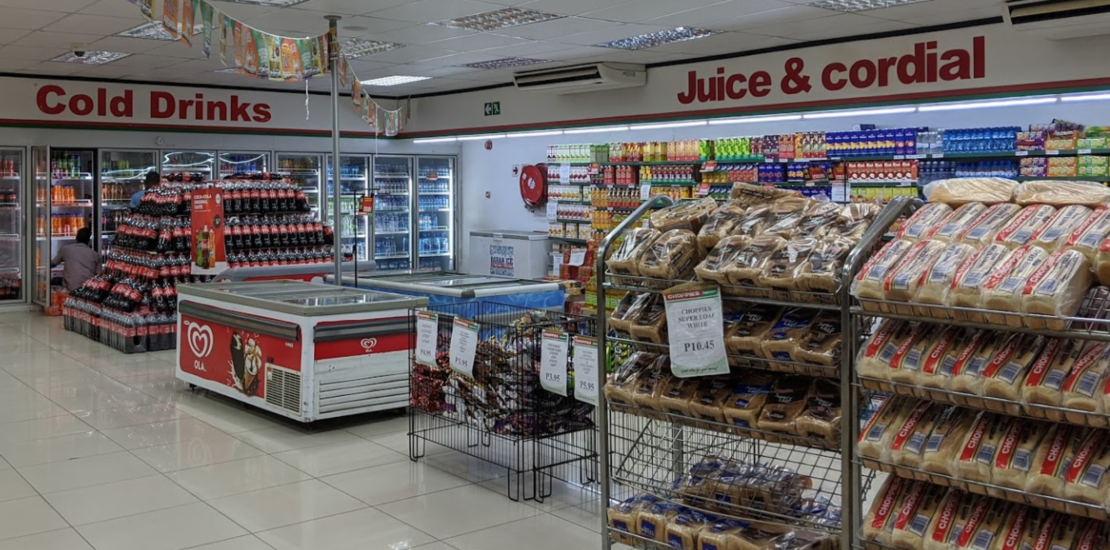- 31/07/2020
- Posted by: Julien Garcier
- Categories: Articles, Botswana, Kenya, Mozambique, Namibia, Retail, SagaRetail, South Africa, Supermarkets, Tanzania, Zambia, Zimbabwe

Choppies has finally released its much delayed full-year results for 2019 (the 12 months to June 2019), as well as its half-year results for the six months to December 2019. These delays followed an accounting scandal that arose from related-party transactions and various misstatements, which saw it replace its auditors on two occasions and trading in its shares suspended in both Gaborone and Johannesburg.
The Botswanan chain made an after-tax loss of BWP139.2 million (USD12.2 million) during H1 2020 (the six months to December 2019), more than double its loss of BWP59.6 million (USD5.2 million) during the year-earlier period. Choppies discontinued operations in four markets (Tanzania, Mozambique, Kenya, and, most notably, South Africa) during the second half of 2019, leaving it with stores in four Southern African markets – Botswana, Namibia, Zambia, and Zimbabwe.
Its trading income in the latter four countries fell from BWP3.6 billion (USD315 million) to BWP3.0 billion (USD263 million) between H1 2019 and H2 2020, with Botswana accounting for almost three quarters of this (74%) during the latter period. Taken together, Choppies remains profitable in these four markets, with an after-tax profit of BWP65.5 million (USD5.7 million) during H1 2020, down from BWP76.7 million (USD6.7 million) in H1 2019.
Thanks to a loan of BWP100 million (USD8.7 million) from its two largest shareholders, Ram Ottapathu and Farouk Ismail (its CEO and founder, respectively), the short-term threat to Choppies survival appears to have been contained. It has also appointed a new chief financial officer and created a deputy CEO position in an effort to shore up its corporate governance.
The Sagaci Research View: Choppies has been a textbook cautionary tale of lax corporate governance combined with hubristic growth ambitions. At its peak, it had more than 230 outlets across eight markets in East and Southern Africa and was bold enough to take on the likes of Shoprite and Pick n’ Pay on their home turf.
It has now returned to being a big fish in a small pond, where domestic rivals have long alleged that it receives preferential treatment from Botswanan regulators. However, it continues to lose money in Zambia and Namibia, while the profitability of its Zimbabwean operations has been severely impacted by that country’s renewed economic turbulence. Moreover, all of these markets remain highly competitive, with the likes of Shoprite, Pick n’ Pay, and SPAR well established. As a result, the long-term future of Choppies’ international operations remains very much open to question.
For a closer look at Choppies’ accounts, click here


